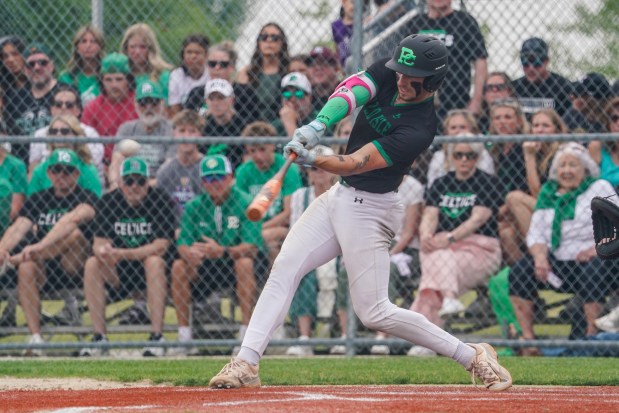The partisan school board bill will likely undergo some changes, but language allowing candidates to declare a political party will remain in the bill, following a Monday conference committee hearing on the bill.
Senate Bill 287, authored by Sen. Gary Byrne, R-Byrneville, Sen. Chris Garten, R-Charlestown, and Sen. Blake Doriot, R-Goshen, would change the school board election process to that of other elections, which would include a primary and general election. The school board candidates would have to declare a party.
The bill was amended in the House Elections and Apportionment committee to reflect House Bill 1230, authored by Rep. J.D. Prescott, R-Union City. Prescott’s amendment removed the primary process from the bill and stated that in the general election a school board candidate can choose to be listed as a Republican, Democrat, independent or nonpartisan.
When the bill was heard by the House, it was amended further to state that if a candidate chooses to be nonpartisan, then a blank space will appear on the ballot where party affiliation would be listed.
If the board member who leaves the board was a Republican or Democrat, then a caucus should be held to replace that member. But Independent or nonpartisan candidates can be replaced by the sitting school board members, according to the bill.
In a conference committee Monday, the committee heard an amendment to include language in the vacancy procedure to match that of Senate Bill 366, Byrne said. Senate Bill 366 states that if there’s a vacancy on a school board due to the death of a school board member, then all remaining school board members shall meet and pick someone to fill the vacancy.
“It’s just making it’s the same, so that we don’t have a conflict,” Byrne said.
Sen. J.D. Ford, D-Indianapolis, said the legislature was about to pass a “monumental” bill by allowing politics to dictate school board races. Candidates can put their political affiliation on their campaign signage, he said.
“We should scrap this and move on to something else,” Ford said. “Once we open the door on this we can’t close it.”
After briefly discussing the amendment, the committee went into recess. As of press time, the members had not reconvened for further discussion or a vote.
After the bill passed both chambers of the legislature, Indiana School Boards Association executive director Terry Spradlin issued a statement that the organization’s longstanding position has been for school board races to remain nonpartisan.
“While the Indiana General Assembly has now voted to make school board elections partisan, once elected, ISBA will encourage school board members to leave politics at the board room door,” Speadlin said. “School board members should also conduct themselves in a manner that models effective board governance practices regardless of party affiliation.”
Juanita Albright, president of the Hamilton Southeastern Schools Board of Trustees, testified when the bill was heard in the House Elections and Apportionment committee that she supports the bill because it gives voters, who don’t always research candidates, more information about who is on the ballot.
“A school board is inherently political, whether we want to admit it or not,” Albright said.




